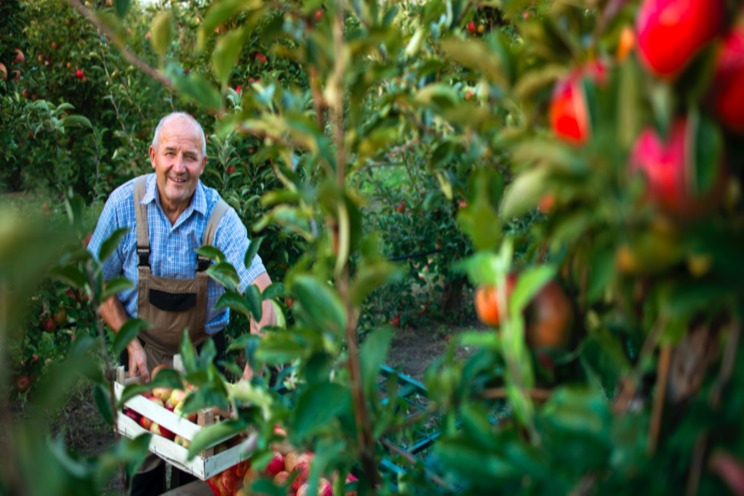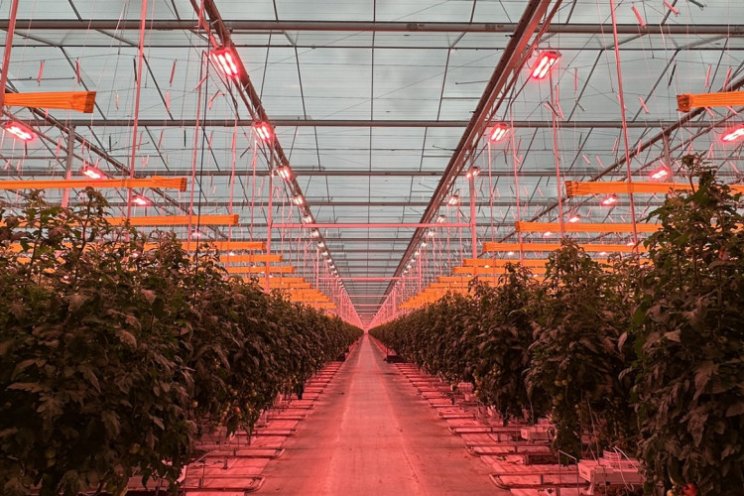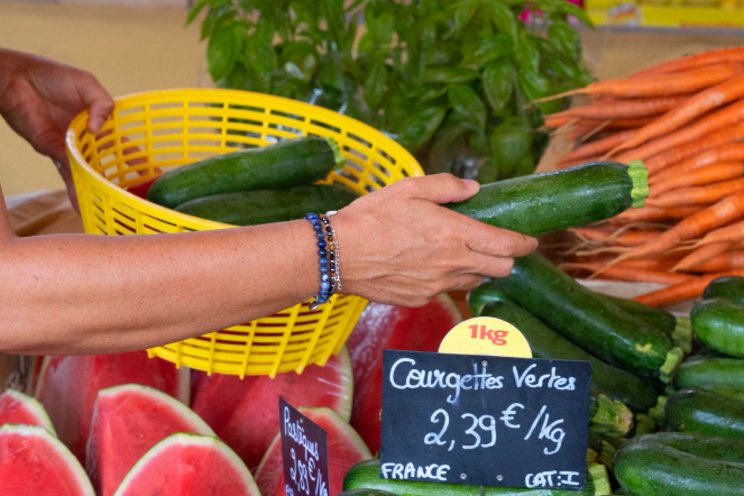6 possible impacts of Covid 19 on farming
Added on 16 February 2021


Image source: Unsplash
The pandemic numbers keep rising with no end in sight. A lot of countries have restricted their farmers from movement in an attempt to control the virus. However, this has further helped to disrupt economic activities and progression.
The agricultural sector has been one of the most affected economies yet. For you to understand how much inconvenience this pandemic has caused, here are six possible impacts of covid-19 on farming. Some of these impacts were instantaneous, while some of these impacts are yet to come, but are equally dangerous.
1. Food is less secure
The most obvious impact the pandemic has had on the agricultural sector is the loss of food security. Food can no longer move from place to place and at expected speeds. This is because of several factors such as:
? People are losing their source of income. When people don't have money to eat or buy food, the supply and demand for food reduces. Such a fact forces people to ration their food.
? Movement restrictions - The restrictions on movement have barred people from food outlets such as restaurants, stores, and food markets. Restriction on movement naturally means less access to food and, ultimately, a sharp decrease in food security.
? Perishable foods wasting away - Recently, perishable food such as vegetables, protein, and milk end up spoiling due to the farmer's and distributor's inability to get it to consumers. This makes farmers lose money, making them produce less and less food every time this happens.
? Few transport systems available - The pandemic regulations restrict everyone, including most transport systems and companies. Less transport being available to transport food efficiently means a massive decrease in food security.
2. Farmers can't produce as many herbs as before
Before the pandemic, farmers produced herbs, spices, and other medicinal substances in abundance. There was plenty for everyone to use. Now, the pandemic has caused a massive scarcity of herbs such as bulk kratom.
In addition to affecting the agricultural system, it has also affected the healthcare system. Since these herbs are not as readily available as before, more and more people fall ill daily.

Image source: Unsplash
Many people, including agricultural workers, have been anticipating going back to their lives. However, the second wave of the pandemic has dashed these hopes. With fewer hands available to make food, the agricultural sector will suffer.
Additionally, the government has restricted international labor movements and worker programs. These are bodies actively and mostly involved in horticulture, food production, and food processing.
To get the labor movement back to producing enough food, we need to control this pandemic successfully. If the government and pandemic continue to restrict the labor movement, it will hurt the food and agricultural systems even further.
 Image source: Unsplash
Image source: Unsplash
4. The Pandemic Has Disconnected Agricultural Systems Worldwide
Due to the pandemic, agricultural systems around the world have lost their connection to each other. The majority of countries globally have announced restrictions on export activities. This means:
? They have closed ports down. - The agriculture system transports a big part of the world's food through the sea. With the government shutting down the ports on their borders, people do not have as much food as before.
? Airplanes can only carry limited food. It is common knowledge that aircraft cannot carry nearly as much food as ships. Despite that fact, planes are still responsible for transporting food around the world. Additionally, several governments have restricted the amount of food airplanes can carry.
5. An increase in competition for water
The supply of water has remained relatively normal for the past decade. People didn't care about their hygiene as much as they do now. The pandemic has forced many people to wash their hands as a preventative measure against covid continually. Naturally, this means people use a lot more water than they have in a long time. Thus, a competition for water ensues.

Image source: Unsplash
6. A price increase in Agricultural Products
Less food is available on the market now. Although the amount of food available is still fair enough, food demand has sharply risen due to inactivity levels. When the need for food is higher, and the food supply is less, it increases food prices. Unfortunately, not everyone can afford the increased food prices, which significantly affects the agricultural system.
The agricultural system is close to being on its last legs right now. For the agricultural sector to get back on track, the government needs to revise the covid-19 protocols. Moreover, a strong mobilization of the labor sector is also required to help farmers get more food to consumers. These suggestions would help the agricultural sector gain lost ground and provide food to consumers typically.
By Rebecca R.
Photo created by aleksandarlittlewolf - freepik
Source: Goedemorgen
More news















